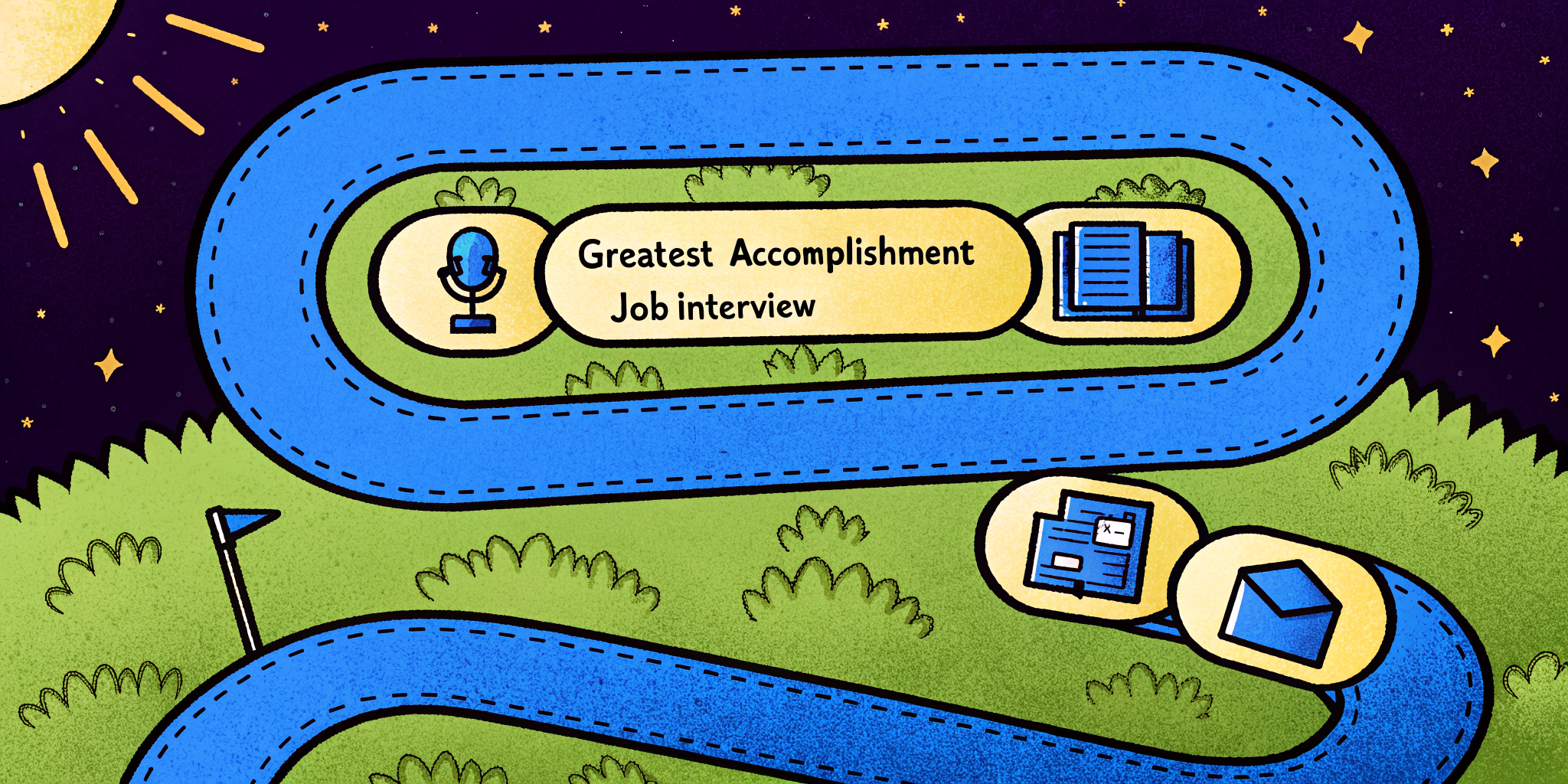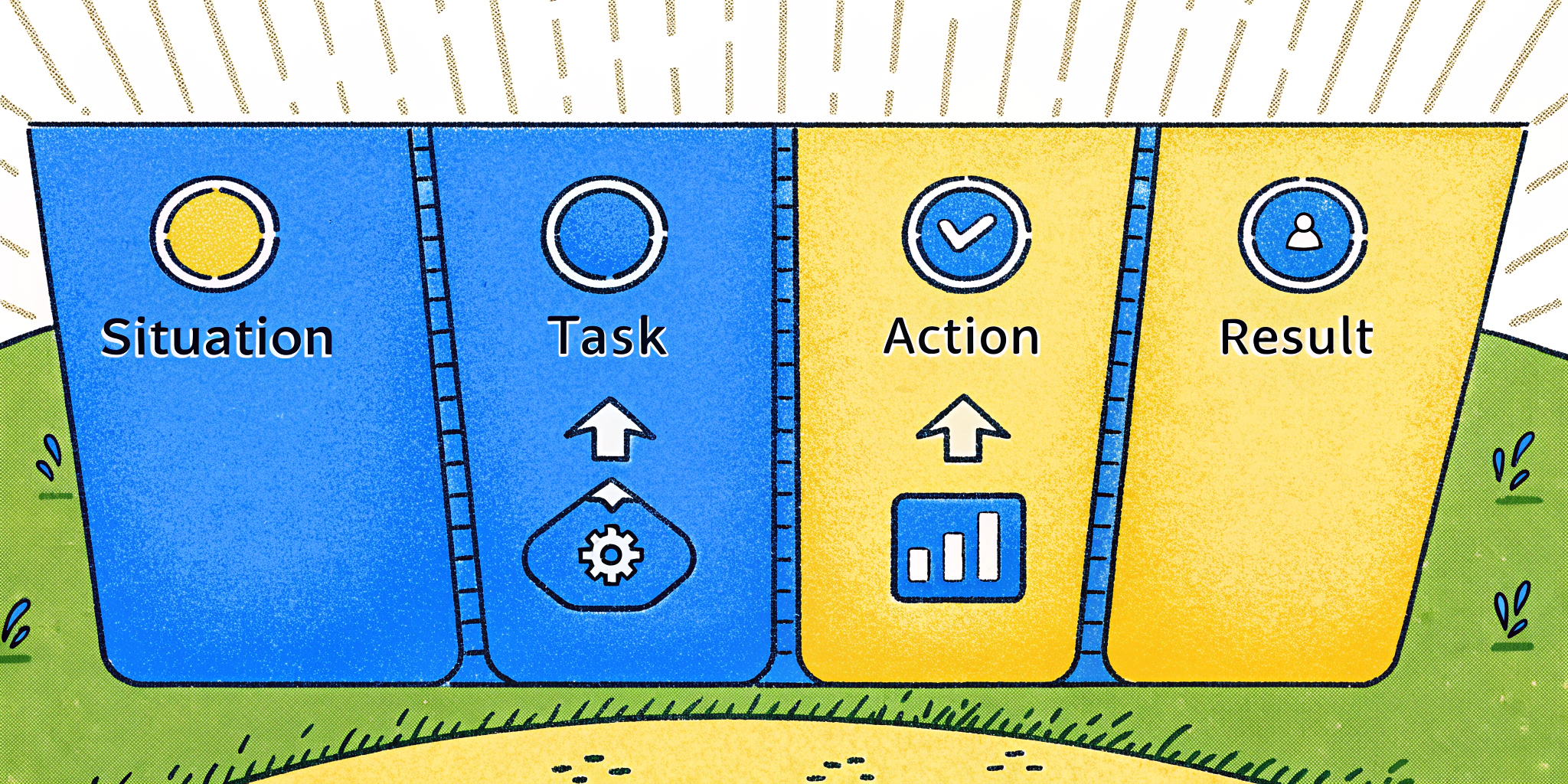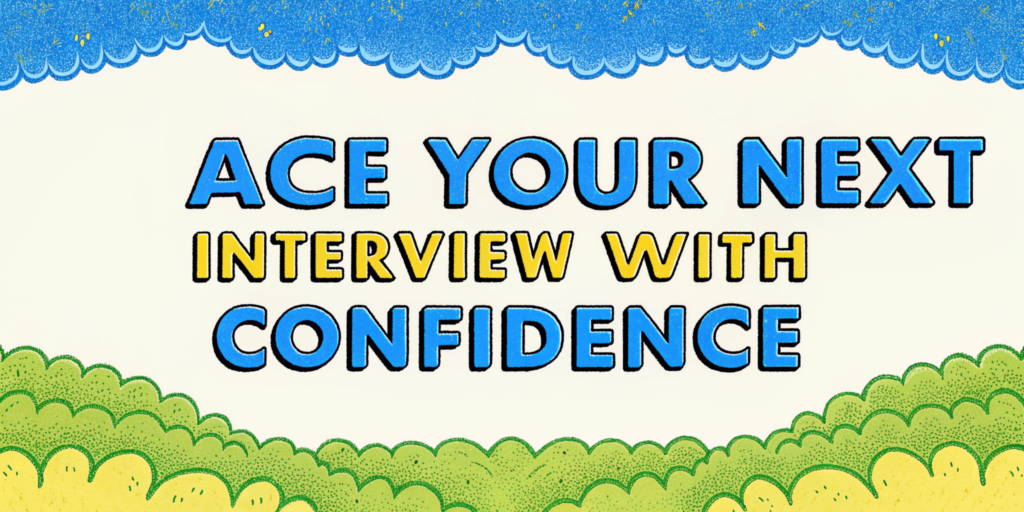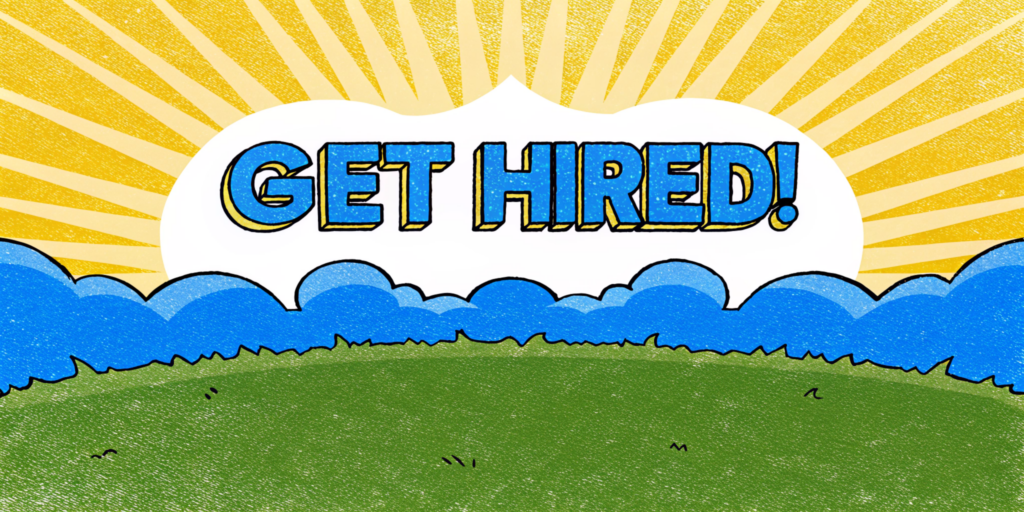Wouldn’t it be amazing to impress your interviewer so thoroughly that they can’t stop nodding in approval? One interview question that offers you this golden opportunity is: “What’s your greatest accomplishment?” However, answering this isn’t as simple as throwing out random achievements. The key lies in delivering a response that’s relevant, impactful, and tailored to the role you’re applying for.
But don’t worry! In this post, we’ll dissect the question, walk you step-by-step through crafting a stellar response, and even dive into the STAR method to ensure your answer is unforgettable. Bonus: There’s an example for fresh graduates, career changers, and general professionals at the end!
Why Do Employers Ask About Your Greatest Accomplishment?
Before we jump into crafting an answer, let’s pause to understand why this question matters.
Employers ask about your greatest accomplishment to:
- Evaluate your skills and abilities for the role at hand.
- Understand the impact you’ve made in previous roles.
- Gauge how well you can self-reflect and articulate your value.
For most, this is a behavioral interview question in disguise! If you’re applying for a leadership role, they’re likely looking for leadership-related achievements. If you’re a recent graduate, they might want to see academic accomplishments or internships relevant to the job.
How to Structure Your Answer: The 4-Step Process
The key to answering this question is keeping your response organized and relevant. Below are the four steps you need to turn your accomplishments into compelling stories.
Step 1: Brainstorm Your Accomplishments
Set aside 5 minutes and write down at least five significant accomplishments, big or small. Think beyond work experience!
Examples:
- Improved a sales process, leading to increased revenue.
- Gave a TED Talk or public presentation.
- Introduced an efficiency improvement that saved company time/money.
- Earned a prestigious internship or award.
- Designed a new product or contributed to a successful launch.
💡 Pro Tip: If you’re a career changer, prioritize transferable skills like problem-solving, management, or communication.
Step 2: Reflect on the Emotional Impact
For each accomplishment, write down how you felt and why. Did it make you feel proud, satisfied, or fulfilled?
This emotional layer is important because:
- It makes you sound genuine.
- Your passion for the accomplishment becomes more evident.
Step 3: Outline the Details Using the STAR Method
Now it’s time to organize your answer using the STAR framework:
| STAR Component | What to Include |
|---|---|
| S – Situation | Set the stage: What was happening? Who was involved? |
| T – Task | Describe the task/goal you were responsible for. |
| A – Action | Explain the specific steps you took to accomplish it. |
| R – Result | Highlight the outcome and why it mattered. Use metrics if possible! |
For example, if you improved a manufacturing process:
- Situation: Factory production times were behind goals, impacting revenue.
- Task: My goal was to reduce production time by 20%.
- Action: I introduced new workflow automation software and trained the team.
- Result: We achieved a 25% reduction, increased production rates, and saved $30,000 quarterly.
Step 4: Tailor Your Accomplishment to the Role
When deciding which accomplishment to share, ask yourself:
- Does this align with the job requirements?
- Does it demonstrate a skill they’re specifically looking for?
For instance, if you’re interviewing for a management role, pick an accomplishment that emphasizes leadership or team impact. If you’re applying for a creative position, focus on innovation-related successes.
Real-World Examples of Perfect Accomplishment Answers
Here are three examples based on different profiles:
Example 1: Fresh Graduate
“I recently completed my Master’s in Mechanical Engineering at Ohio State. While there, I interned at Tesla Motors, which only accepted 25 out of 250,000 applicants worldwide. Working with Tesla’s senior engineers exposed me to cutting-edge automotive technology and solidified my desire to work in the electric vehicle space. Though I didn’t design projects myself, I contributed to the optimization of their supply chain process, improving efficiency by 5%. The experience left me both proud and motivated to pursue a full-time career in sustainable innovation.”
Example 2: Career Changer
“At my previous sales role, I noticed inefficiencies in the team’s customer follow-up system. Despite being a sales role, I took the initiative to design a workflow automation using CRM software. As a result, follow-up times decreased by 50%, and our team closed 20% more deals per quarter. Looking back, I’m especially proud because this project highlighted my problem-solving skills—something transferable to this operations position.”
Example 3: Experienced Professional
“At my last company, I led a cross-functional team to develop and implement a new customer onboarding process. Prior to this, onboarding took weeks and led to a high drop-off rate. Through a streamlined system and strategic touchpoints implemented by me and my team, we reduced onboarding time by 40% and decreased churn by 25%. This accomplishment stands out because it directly impacted the company’s revenue and client satisfaction scores.”
Pro Tip: Always Have Multiple Accomplishments Ready
Don’t stop at one example! Interviewers may ask for another, and being prepared with multiple stories ensures you’re never caught off guard. Keep a roster of 2-3 polished accomplishment stories at the ready.
How Ninjafy AI Can Help Ace Your Interviews
When I first started preparing for interviews, STAR frameworks and accomplishments sounded great in theory—but applying them under pressure? That was another story. Enter Ninjafy AI, my personal “interview whisperer.”
Ninjafy AI helped me:
- Simulate real-life interview scenarios.
- Generate customized responses aligned with my resume, experience, and job descriptions.
- Practice with live feedback to refine my STAR answers.
The best part? It’s completely undetectable during online interviews. Whether you’re applying for an entry-level job or a leadership role, this AI-powered copilot transforms interview prep into a science. Over 2.2 million users have already aced their interviews with Ninjafy AI—because preparation isn’t optional in today’s competitive market. 🚀
Conclusion: Be Strategic and Authentic
Answering “What’s your greatest accomplishment?” isn’t just about listing impressive tasks. You must align your achievements with the interviewer’s needs while showcasing your personality and skills. Whether you’re a recent grad, pivoting careers, or climbing the corporate ladder, tailoring your response can make you unforgettable. And if you want extra help crafting A+ answers, don’t shy away from tools like Ninjafy AI.



